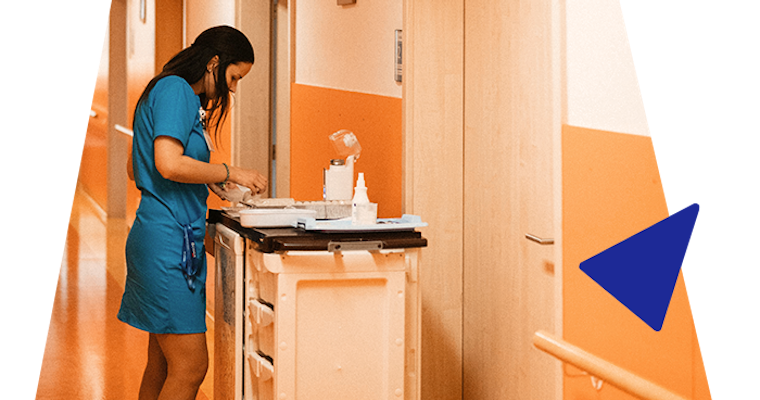Getting you the tailored support you need
We work with government to develop tailored support for the self-employed whilst campaigning for the sector to have equal opportunities on areas such as parental leave that would benefit the overall experience of choosing to work in this way.
What we're calling for:
Our research
We make a difference with insights into mental and physical wellbeing.

Looking at remote working and changing working patterns
We take a look at how the pandemic has changed working practices for the sector and explore how in 2022, we can better support those that choose to work in this way.

Impact of the pandemic on working conditions
Our report from 2022 reviewed whether the shift to remote working has positively enhanced the overall freelancing experience.

Impact of the onset of the pandemic on mental health
This report from the onset of the pandemic reviewed how freelancers' mental health was suffering.

Reviewing how much time freelancers take off
Our report from 2019 reviewed how muched time freelancers take off from work and the importance of taking this time for mental wellbeing.
Advice
Want to improve your quality of life?
Our advice and guides provide you with all the tips and tricks to stay healthy both mentally and physically during a career in self-employment.

What else we've said on mental and physical wellbeing...
This Mental Health Awareness Week, the theme is "Movement: Moving more for our mental health". Being active is an excellent way to not only look after your physic...

Let's delve into some of the ways your IPSE membership can help to support your mental health and wellbeing. This subject has become increasingly important in the...

Counsellor Emma-Jane Lovell was described by judges as being “nothing short of a ‘guru’ on mental health, wellness and physical wellbeing” after winning the Wellb...




